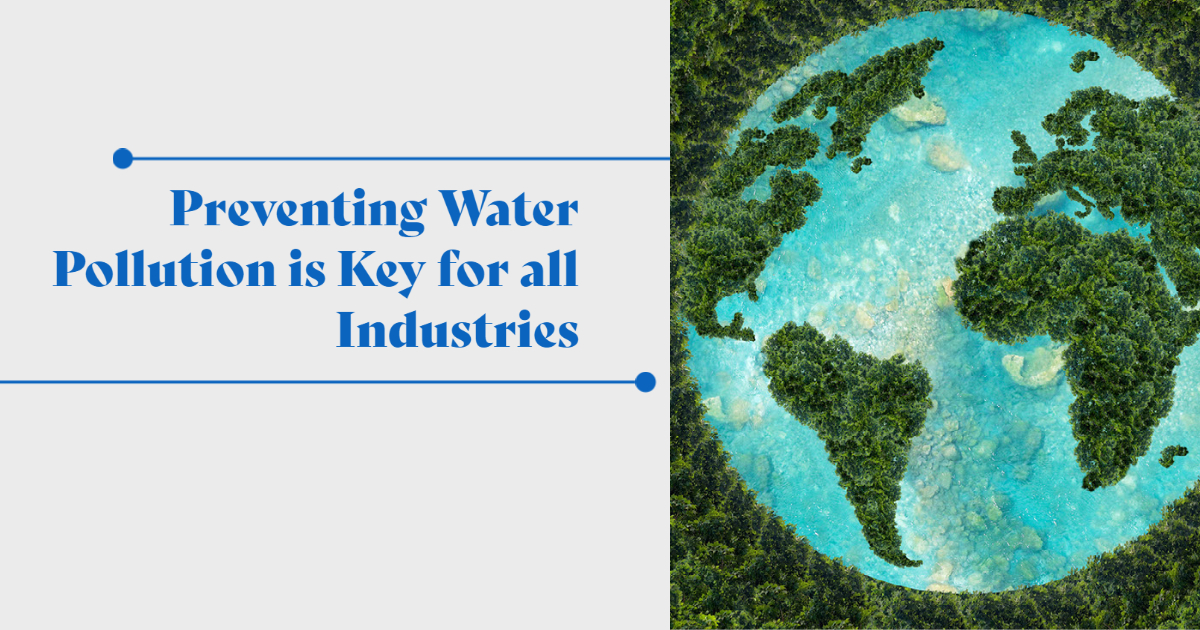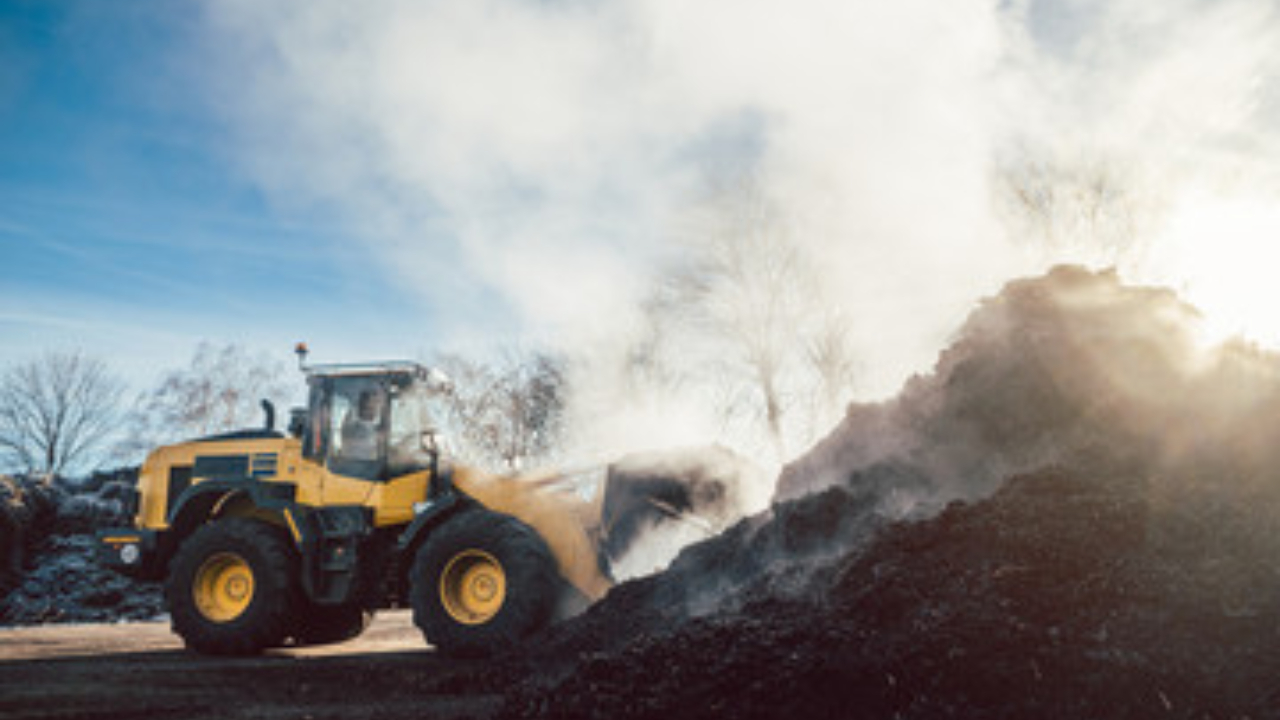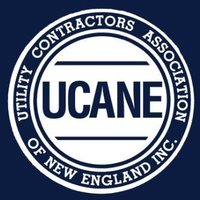
Does your organization produce non-hazardous waste as part of your manufacturing process? If so it’s important to get rid of your non-hazardous liquid and solid waste ASAP. You certainly don’t want it sitting around and collecting at your premises. First and foremost, most non-hazardous waste is stored in metal barrels. The longer the metal barrels sit around the easier it is for them to corrode. If the metal barrels corrode they can easily leak. If the metal barrels leak the non-hazardous waste will get into the ground and may even make its way to the drinking water source.
Needless to say when non-hazardous liquid and solid waste leaks it can cause a great deal of damage to the local environment. If you own or manage the business than you may very well be responsible for the cleanup, which is costly to say the least. In addition, your company may face severe fines from the Environmental Protection Agency or EPA for short. The EPA does not mess around when it comes to the severity of these fines. You may even lose certainly business related licenses. On top of the fact that the reputation of your company can be ruined.
Nobody sides with businesses that are know to pollute the environment. If your business produces any non-hazardous materials it’s important to ensure that they are disposed of in the proper manner in order to preserve the environment and also to protect wildlife. In adaptation to storing barrels of non-hazardous waste for long periods of time, it’s also not a good idea to pour any non-hazardous chemicals down the drain. Do not attempt to get rid of your non-hazardous waste yourself. You should always rely on a professional that specializes in helping you get rid of your non-hazardous liquid and solid waste.
That way you know for sure that the materials are being disposed of properly. You simply cannot afford to take any chances when it comes to disposing of your non-hazardous waste materials. Why would you put your company and yourself at risk when you can work with a reputable business like ours that has been helping organizations like yours for many years. By the way, the EPA defines non-hazardous industrial as “waste generated from processes associated with the production of goods and products, such as electric power generation and manufacturing of materials such as pulp and paper, iron and steel, glass and concrete.”
Although non-hazardous waste does not create an instantaneous threat to human health it can be harmful to the environment. It may also be a threat to humans if not disposed of in the proper manner.
If you have any questions about getting rid of your non-hazardous liquid and solid waste in New England, or would like to schedule service we are happy to help. Please contact us today! Jolin Paving & Excavating, Inc. is your New England connection for a vast variety of environmentally related services. Our company has been serving Boston Massachusetts, Southern NH, VT & ME as well as Northern CT & RI since 1952. Please Contact us to learn more today. Environmental related issues occur all of the time, and can strike at any time. That is exactly why you need to have a local and reliable environmental services company at the helm and ready to go whenever you actually need them.
continue reading






